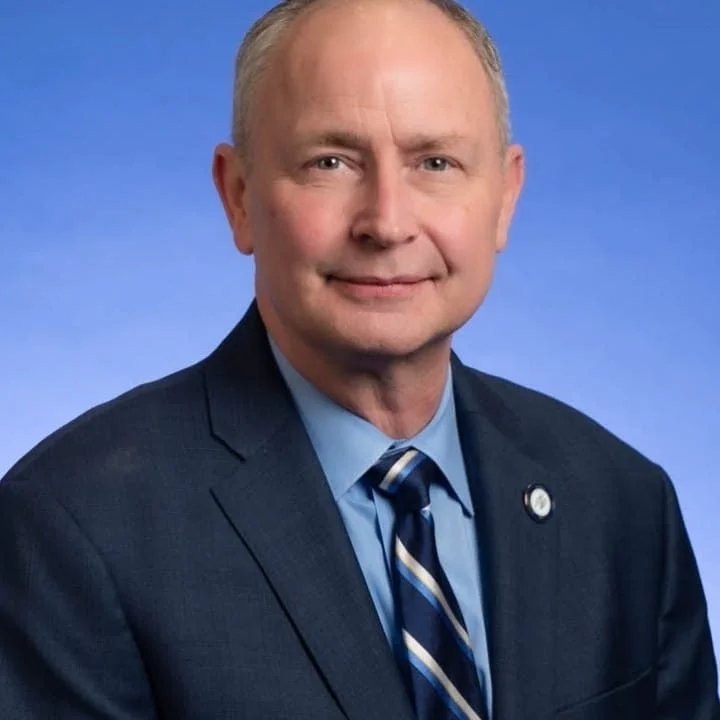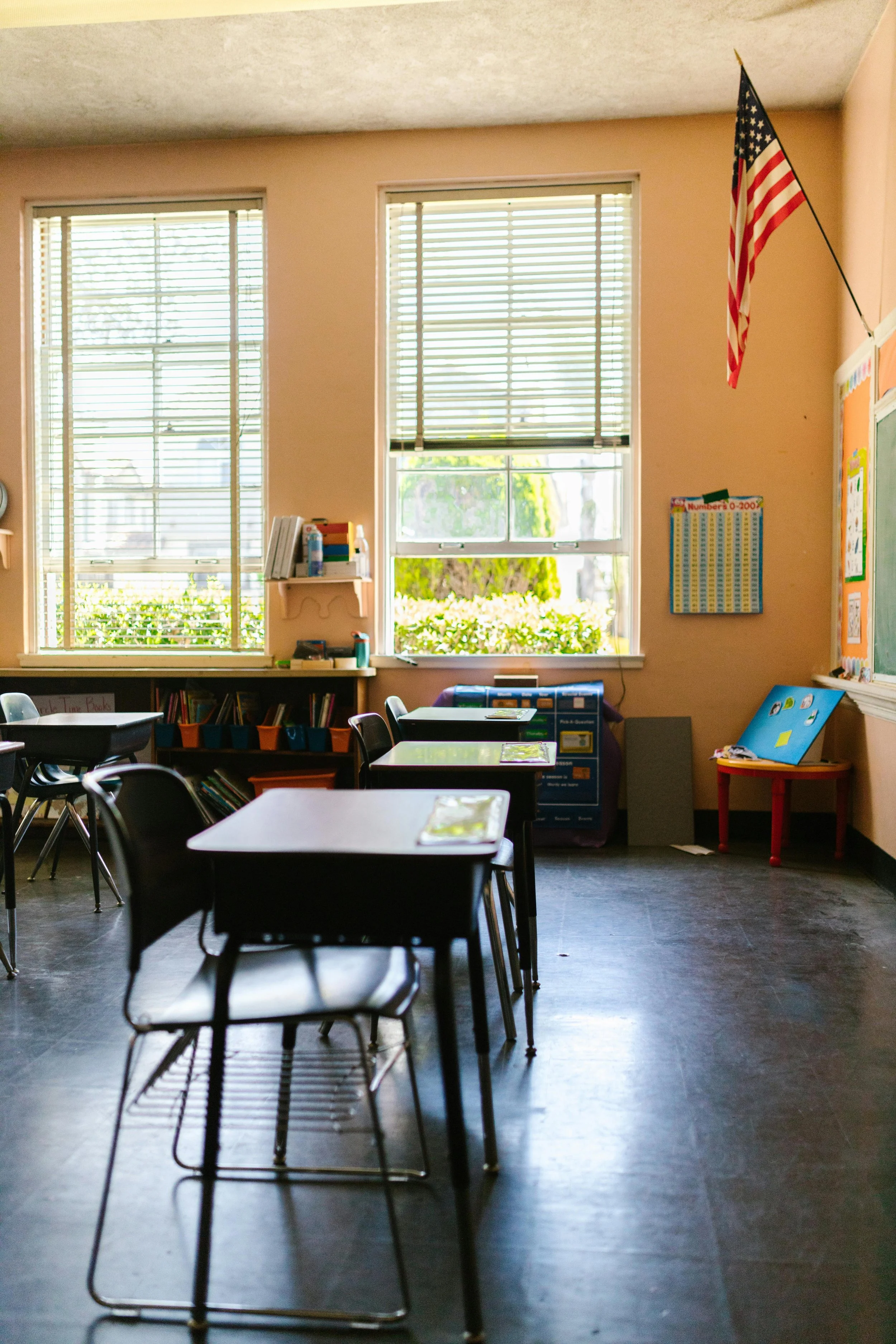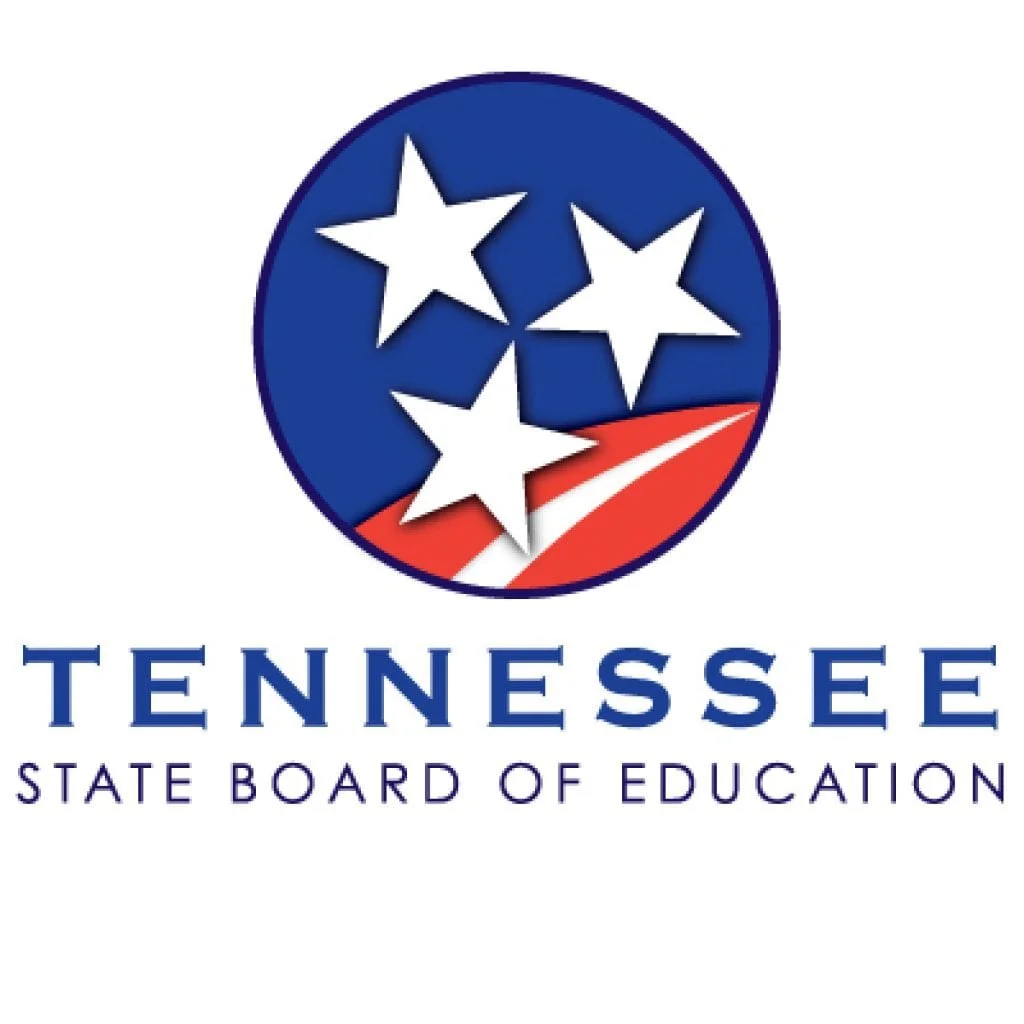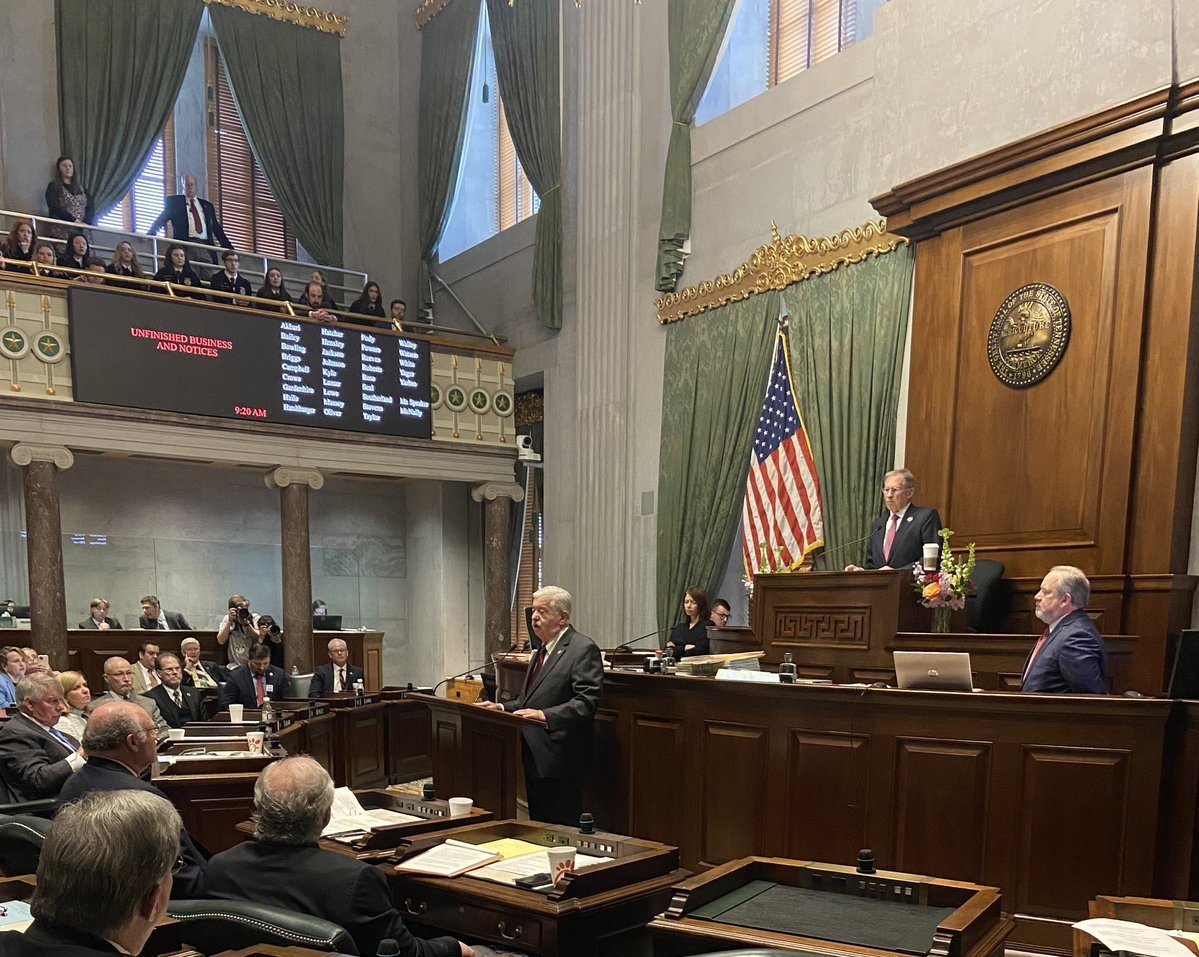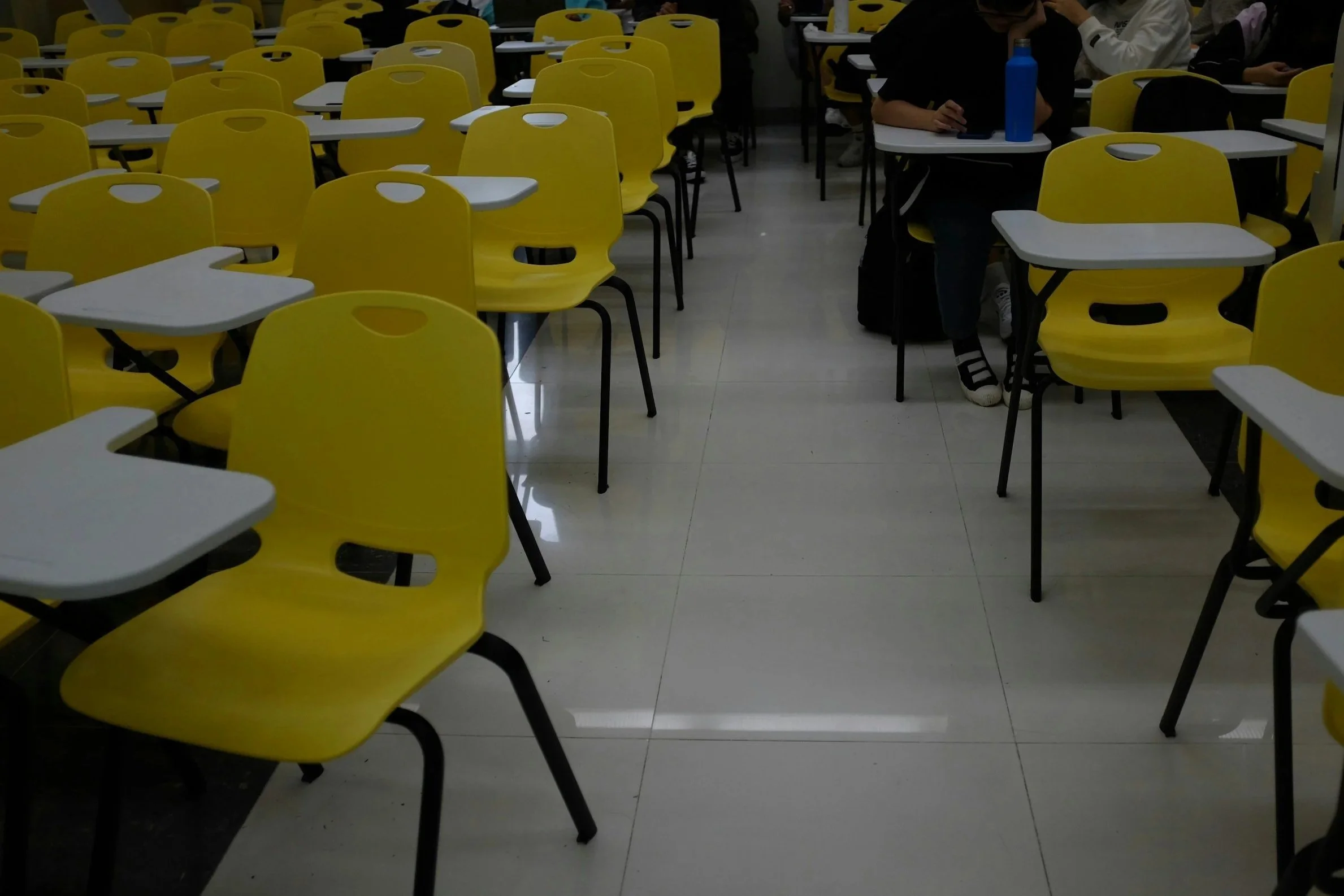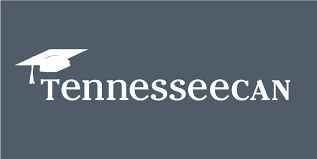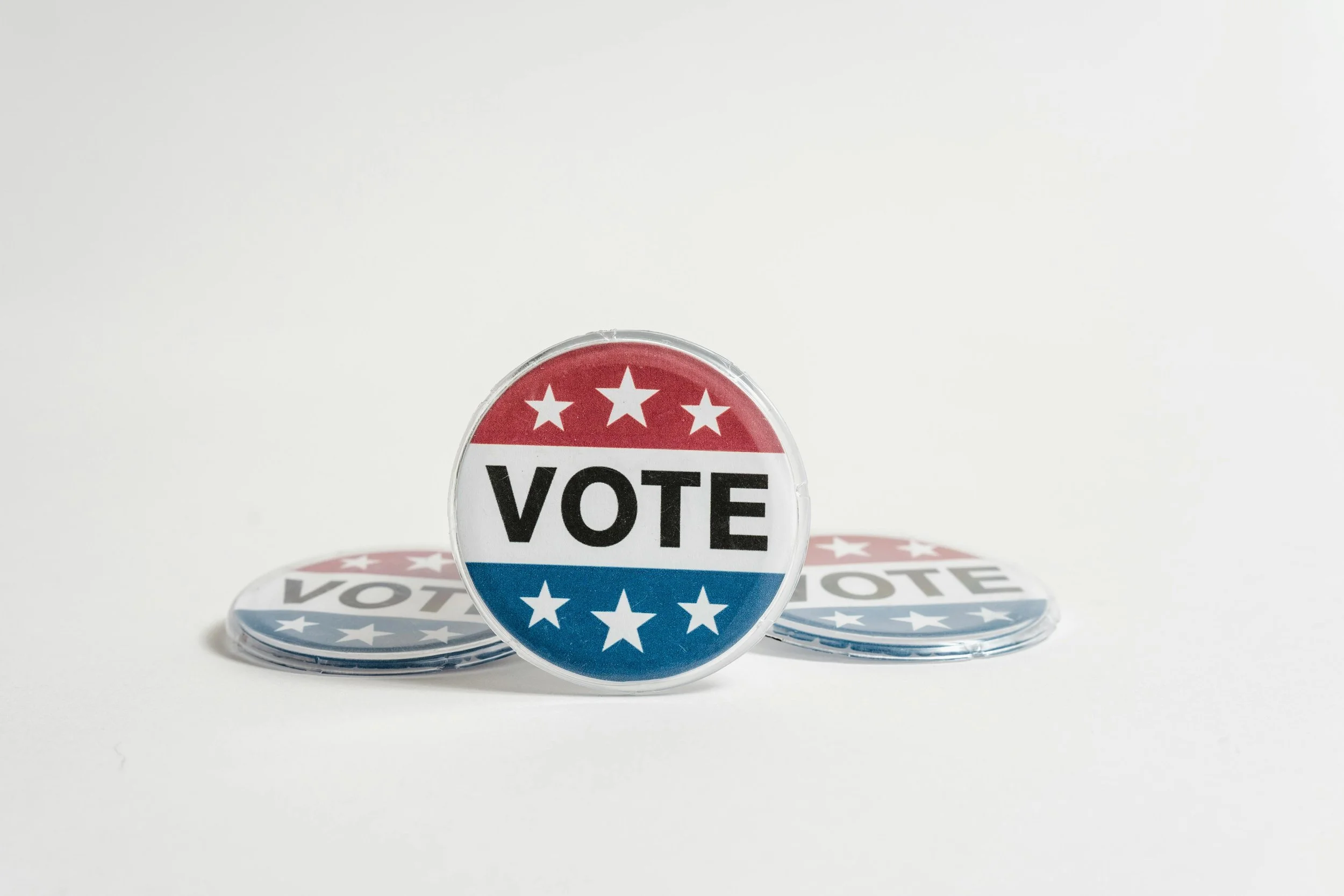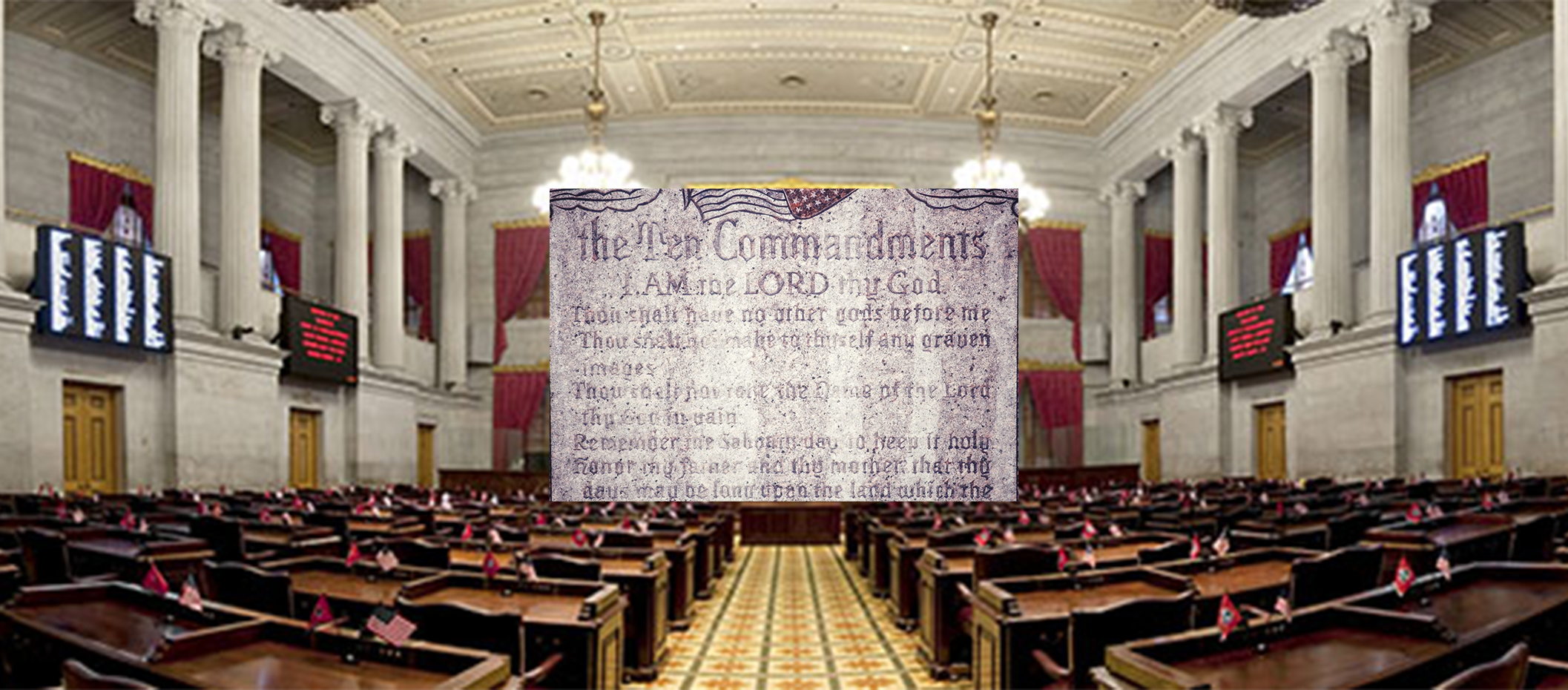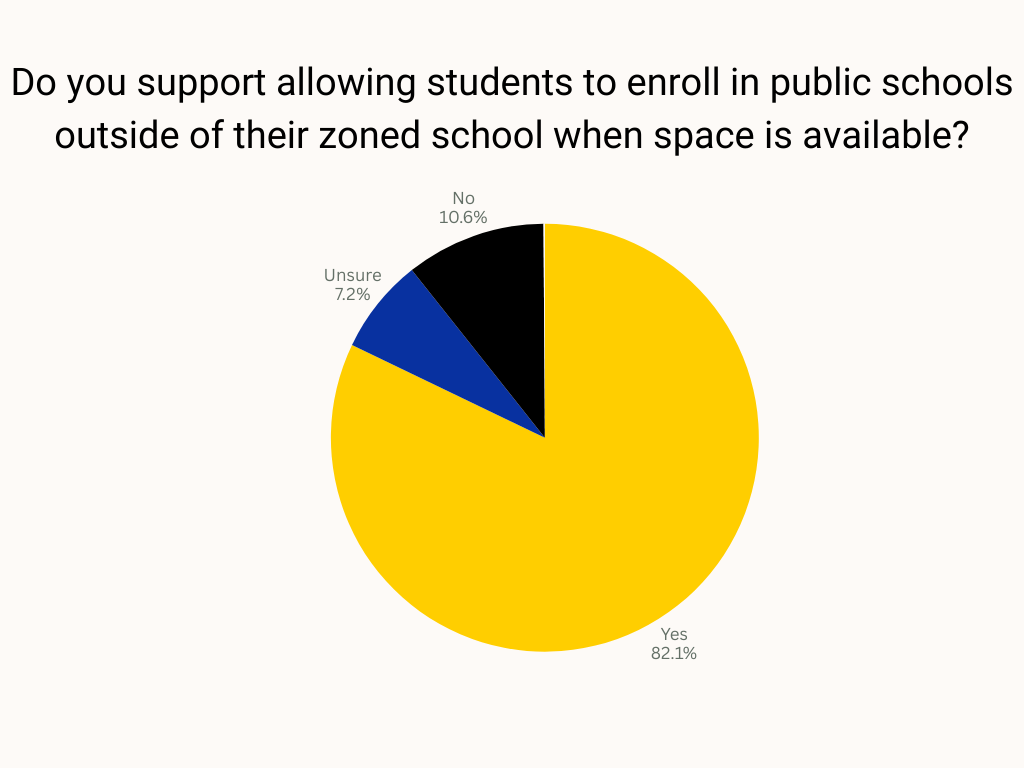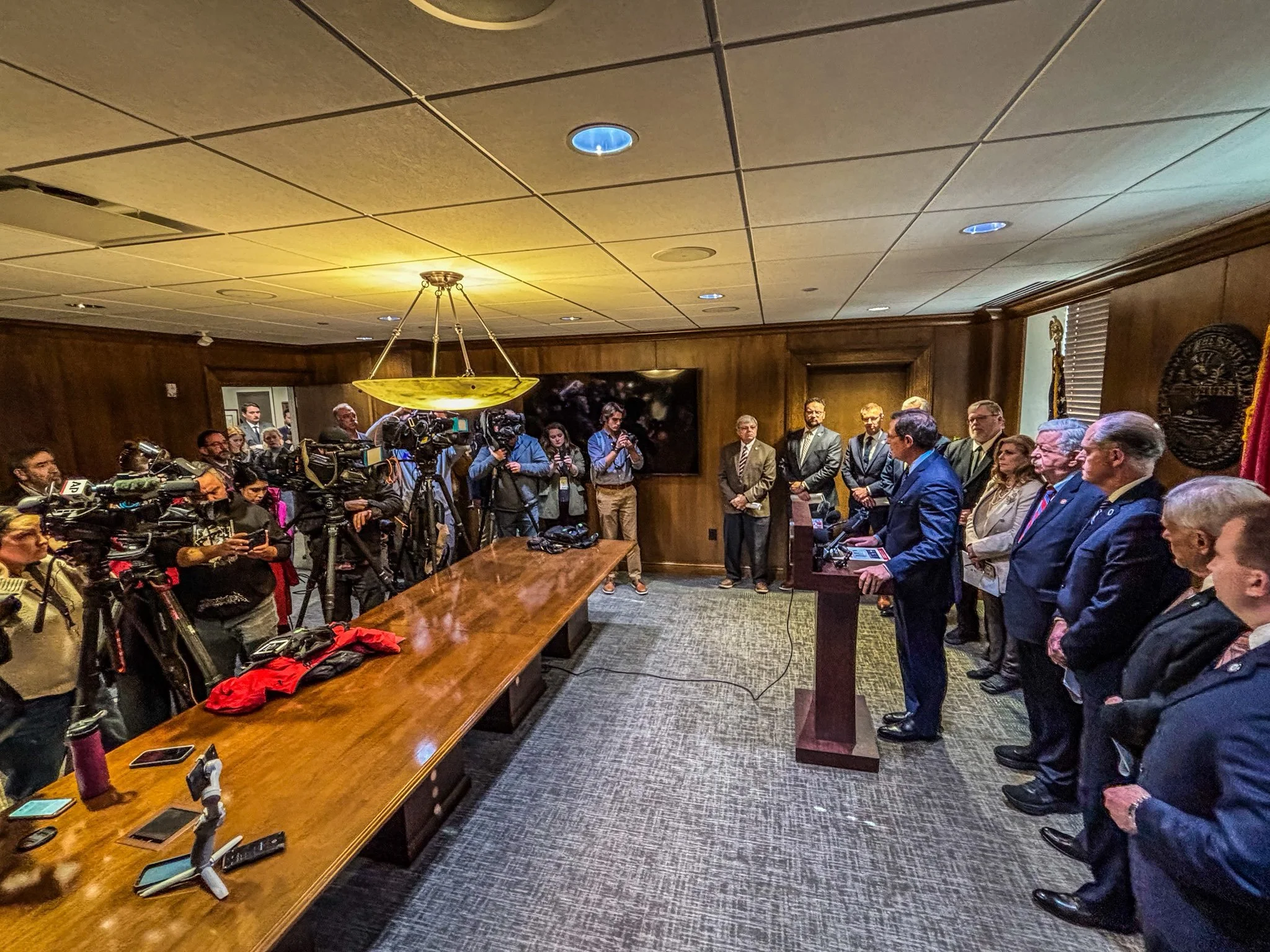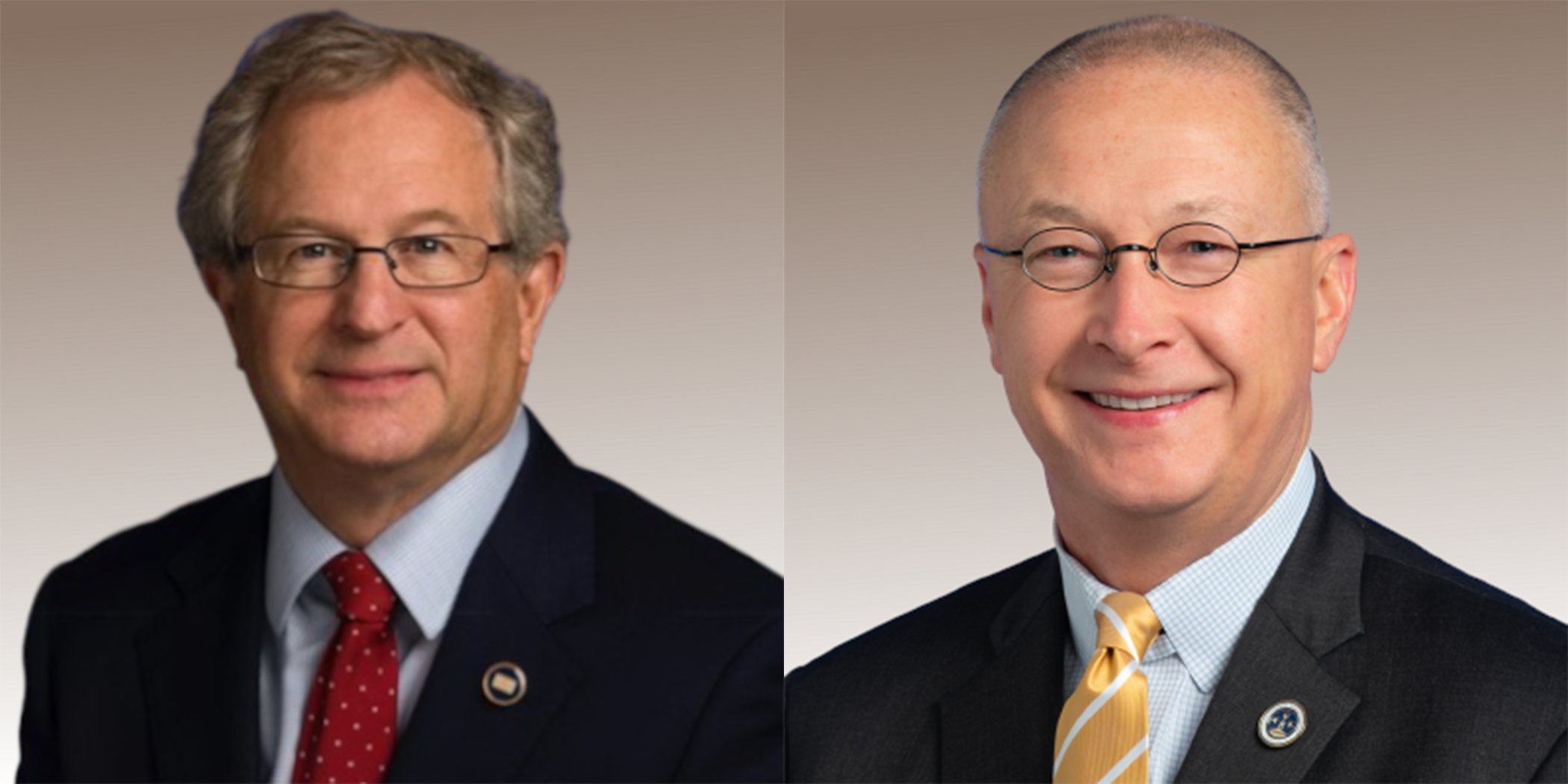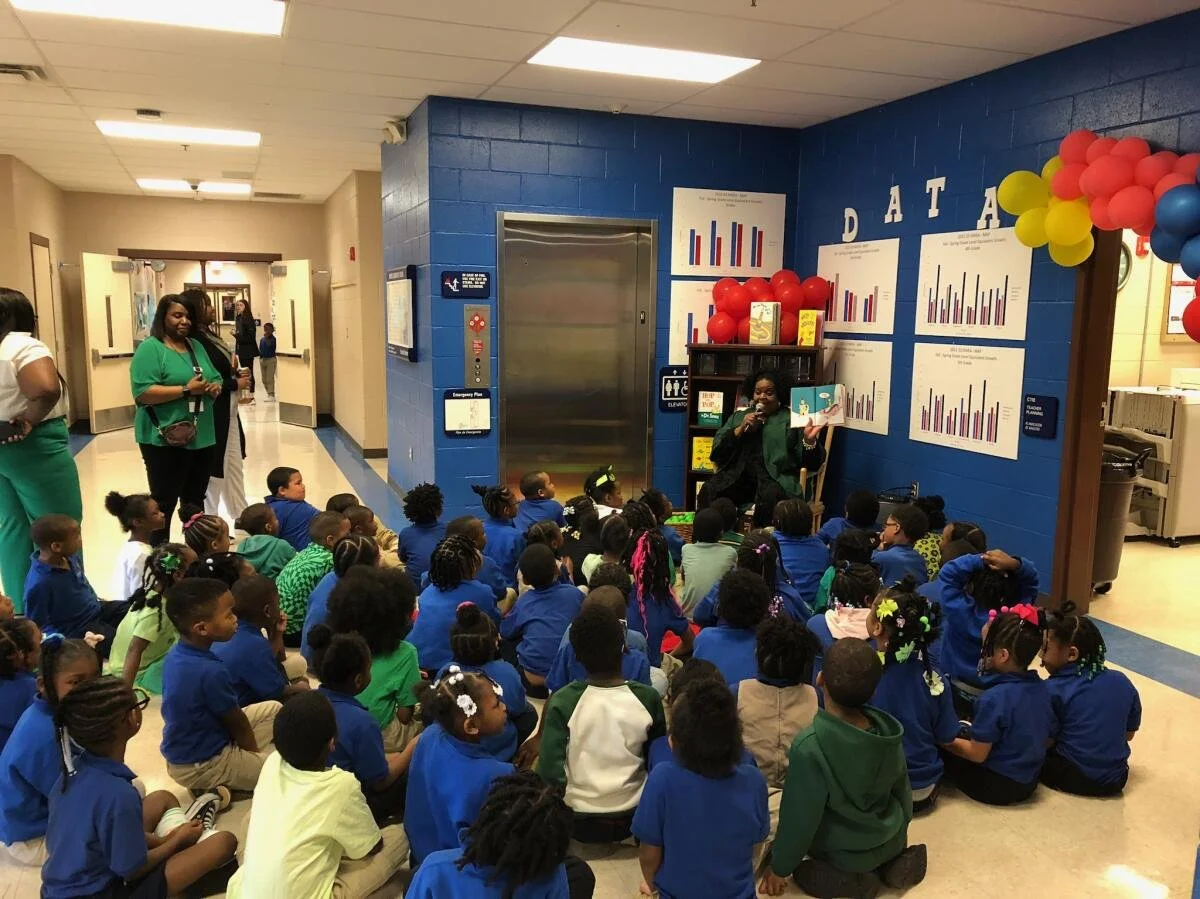STATE EDUCATION NEWS
Bill affects virtual schools falling “significantly below expectations” for three straight years.
Grundy County teachers were the only educators in the state who didn’t receive a $2,300 bonus.
The bill attracted attention last year before being put on hold due to funding concerns.
Slater is sponsoring legislation to make it easier to enroll children outside their zoned school district.
The presentation, titled “Making Instructional Coherence Work Through Evidence, Practice, and Scale,” included a panel discussion reflecting on shared lessons taken from both district-level and school-level implementation of high-dosage tutoring and instructional coherence. (Pexels/RDNE Stock project)
The item is likely to come up again in the future, but with added language that allows students and their parents/guardians to sign a waiver to opt out of taking two credits of a foreign language to graduate. Each district’s superintendent would accept the waivers. (Tennessee State Board of Education Logo)
McNally was first elected to the Tennessee General Assembly in 1978 as a state representative
Multiple districts, including Metro Nashville Public Schools, remained closed for more than a week following the storm due to transportation and power disruptions.
The Tennessee Education Lottery Scholarship Program (TELS) sits with a projected $114 million deficit, though it is not set in stone – it can be mitigated, though by how much remains to be seen. (Photo by THEC)
Of those surveyed, nearly 67 percent oppose removing Algebra II as a graduation requirement.
The House K-12 subcommittee voted the legislation down on a 2-5 party-line vote Tuesday morning.
Lee said demand warrants the investment in what’s expected to be a tighter budget year to expand the number of scholarships to 40,000.
According to a news release, the Tennessee Department of Education has received more than 50,304 new and renewal applications for the program that allows families to use taxpayer dollars for private school expenses.
State Republican leaders announced a series of bills on Thursday designed to target illegal immigration, including one that would require a verification of whether K-12 students have lawful immigration status.
State Senator Brent Taylor has agreed to move forward with State Representative Mark White’s plan to create a state-appointed oversight board for Memphis-Shelby County Schools.
More than 60 percent of respondents said they support expanding the Education Freedom Scholarship and adopting policies that allow parents to send their children to public schools across district or county lines without paying tuition.
Just 11 percent of participating students tested proficient in math on state testing during the program’s initial 2022-23 year. That number rose to 19.5 percent in the 2024-25 school year.
The “Early Behavioral Intervention and Reporting Act” defines those signs as including students engaging in or being the victim of harassment, intimidation, bullying, making threats of violence, or exhibiting signs of substance abuse, mental health issues, self-harm, or suicidal ideation.
Marty LeBlanc says programs that would help prepare her students for a cybersecurity career are a good example of industries that don’t meet existing funding requirements.
56 percent of the commission’s schools received either an A or a B letter grade, 7 percentage points higher than the state average.
Tennessee’s average composite ACT score of 19.3 in 2025 is higher than every other southern state with an estimated participation rate of at least 91 percent on the test.






